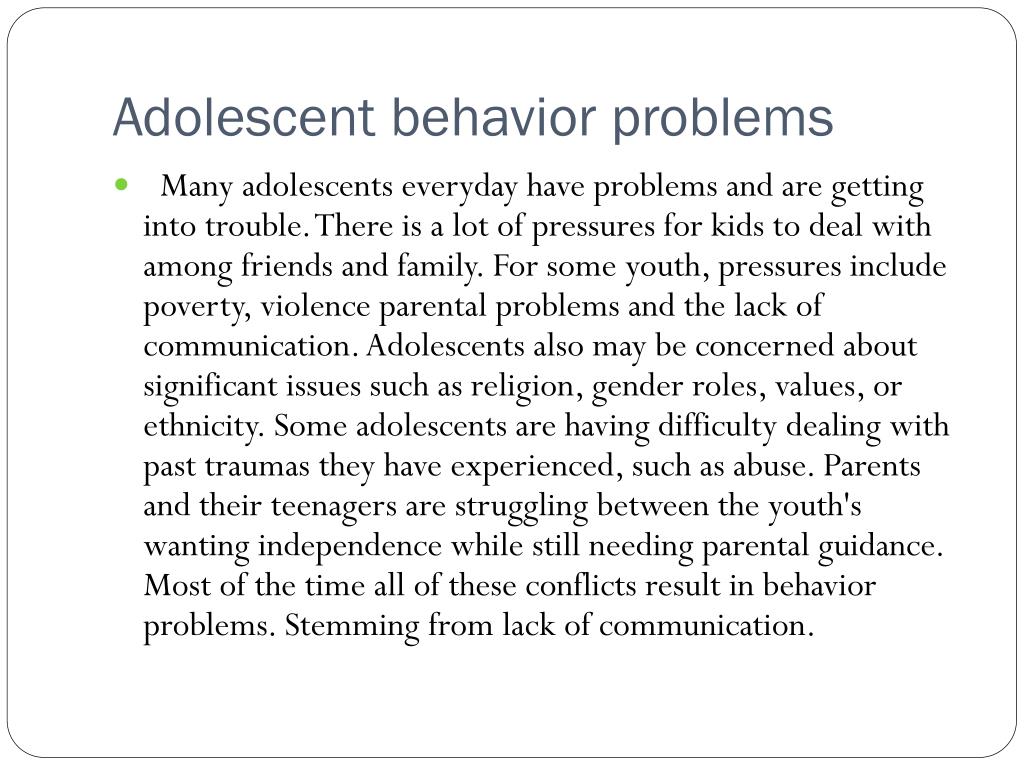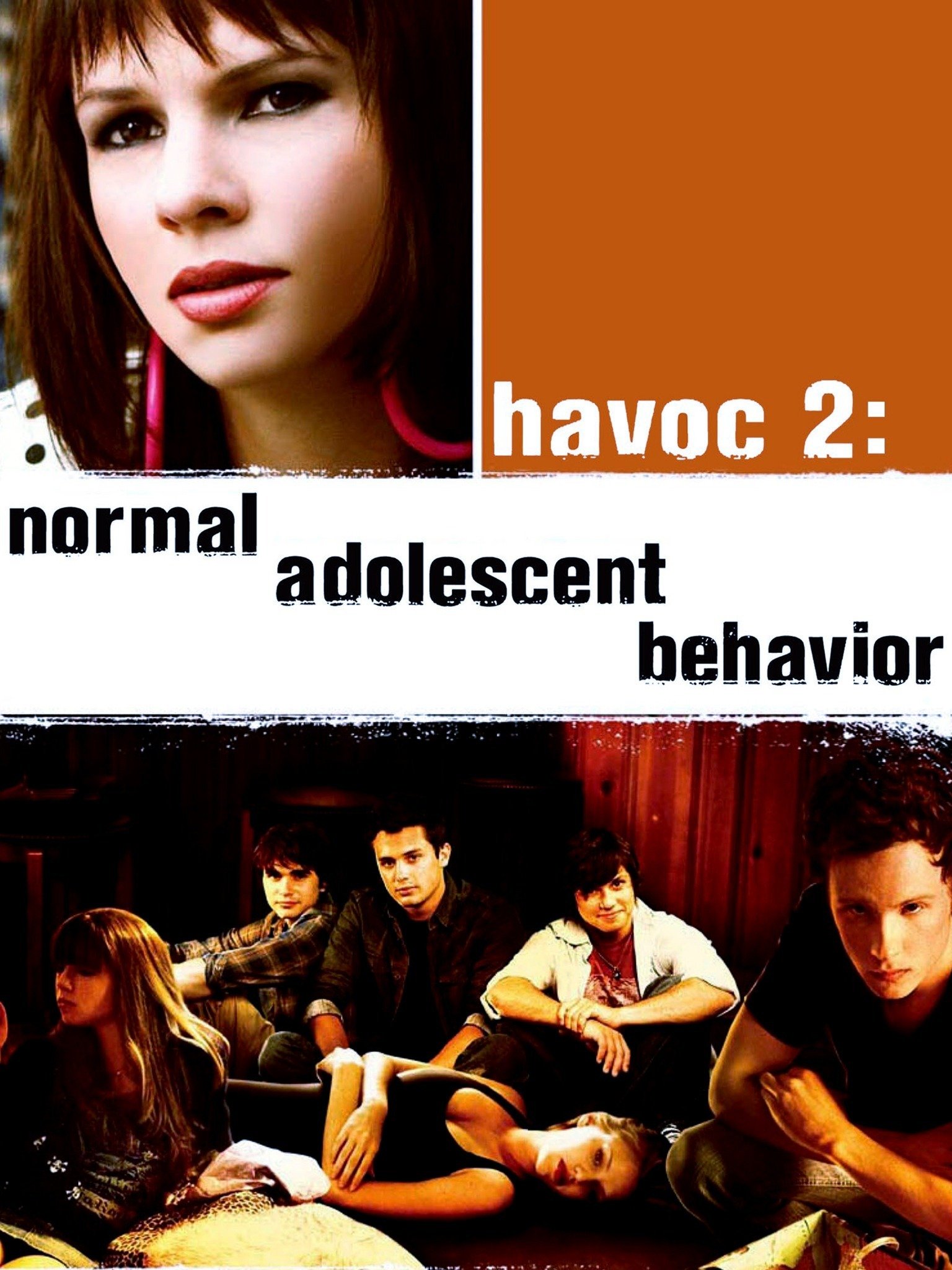Fun Info About How To Deal With Adolescent Behavior

Recognize the signs of teen depression tip 4:
How to deal with adolescent behavior. If you want your teenager to listen to you,. Below are seven keys to successfully handling teenagers, excerpted from my book, how to communicate effectively and handle difficult. Adolescent males 15 to 19 years old had a rate of 6 times greater than the rate for females.
Connect with your troubled teen tip 2: To ensure the success of these efforts, it is essential that they. Protective and supportive environments in the family, at school and in the wider community are important.
The adapted program may reinforce healthy behaviors and by involving parents, help create a supportive environment, increasing the likelihood of sustained behavior change. Almost nothing is harder than seeing an upset, difficult, or depressed adolescent and fully understanding their personal struggles, helping parents reflect on their own behavior, advising how to help their teenager, and predicting the future trajectory. Multiple factors affect mental health.
[1] schedule regular family activities like eating dinner together or having game nights. Sometimes, ongoing challenging behaviour can indicate other health issues. It’s ok to feel that your child’s behaviour is having a big effect on you.
These include adopting healthy sleep patterns; Try to take some time out for yourself and chat with your partner or trusted friends. And if the course of.
If your child is making these bad choices, it needs to change. Add balance to your troubled teen's life tip 5: When you notice and praise your child for positive behaviour, it can encourage them to keep behaving in this way.
Take care of yourself why do teens act the way they do? Being the parent of a teenager can often feel even harder. Being a teenager is hard.
Learn techniques for coping with low mood, sadness and depression or anxiety. Connection between the teenager and parent or guardian is a strong protective factor against harm such as emotional distress, risky sexual behaviors, and substance use. Prevention and intervention programs are designed to meet the needs of adolescents who require additional support and promote healthy behaviors and outcomes.
The simplest way to let our teens know that their emotions are valid and important to us is to give them our undivided attention. Adolescence is a critical growth period in which youth develop essential skills that prepare them for adulthood. First, young people today grow up in two worlds, not one.
Parenting a teenager is never easy. Evidence supports various forms of cognitive behavioral therapy, including dialectical behavioral therapy to help teach coping skills. Remember, you were a teenager once.


















